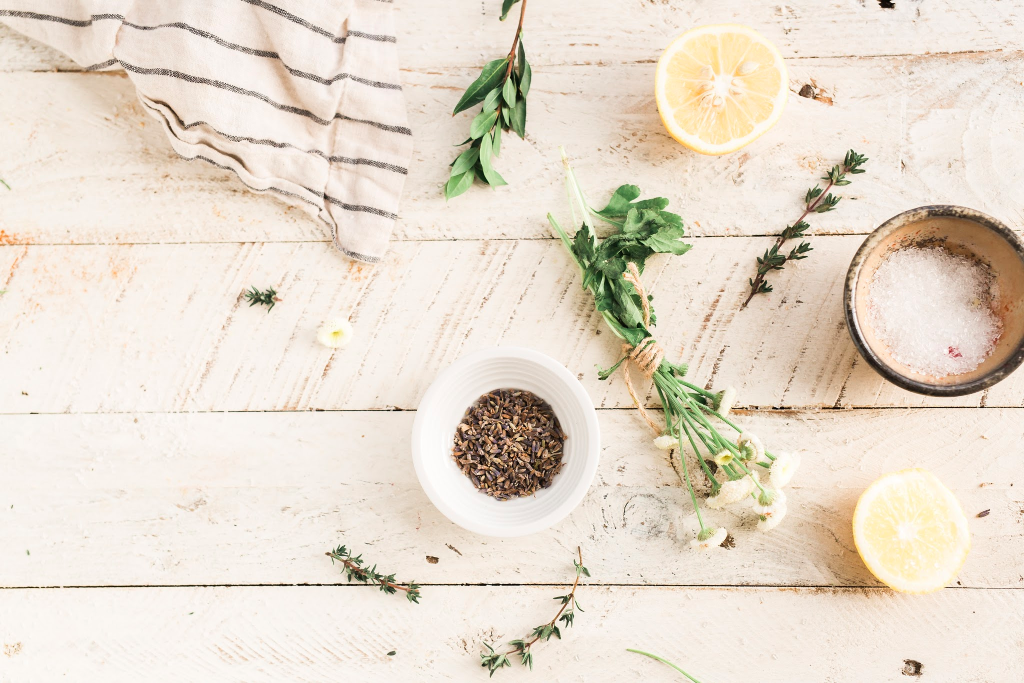
The on-watch list of nutrients
Plant-based eating holds some wonderful health benefits, however, it is important to keep in mind that there are some nutrients that are low or not available in a vegan diet. I have included a list of those nutrients in this blog.
As mentioned in my other blog, it is important to gain pathology and a baseline of many of these essential nutrients prior to dietary changes to assess and address any nutrient deficiencies. A nutritionist can help you with this process.
- Vitamin B12 – This vitamin only occurs naturally in animal foods. It is essential for healthy cells and making DNA, kind of important. Being low in vitamin B12 can lead to fatigue, nerve issue and depression. Vitamin B12 should be closely monitored, including active B12 levels and supplementation is highly recommended alongside vegan diets.
- Zinc – this essential mineral is found in plant foods but often paired with what is known as phytates which can limit the bio-availability (the ability of the body to absorb). A nutritionist can guide you through ways to reduce phytate levels in foods and supplementation may be required. Low levels of zinc can lead to hair loss, digestive issues, fatigue, PMS, acne, poor wound healing ability, poor memory & concentration and lowered immunity – getting those colds a little more frequently and taking a while to kick them is one of the signs.
- Iron – There are two types of iron, haeme and non-haeme. Haeme iron is only found in animal products and more easily absorbed than non-haeme, meaning vegans should be increasing their iron intake due to low absorption. A lack of iron can lead to cystic acne, fatigue, headaches, dizziness, poor appetite, shortness of breath. Women are at risk due to the menstrual cycle and so are athletes undertaking high intensity and/or endurance exercise.
- Vitamin C – is needed to support iron absorption.
- Essential Fatty Acids (EFA) – these dietary fats are known as essential because the body cannot make them on its own. These are the omegas (omega-3 and omega-6), you’ve most likely heard of them. EFA’s can be broken down into different acids linoleic acid (LA), a-linoleic acid (ALA), eicosapentaenoic acid (EPA) and docosahexaenoic acid (DHA). ALA can make EPA and DHA but not very well. Confused yet?? Long story short EPA & DHA’s best sources are from fish and certain algae. ALA is found in plant foods however only small amounts are converted to EPA and DHA. Deficiency in EFAs can be seen with skin issues, inflammation, poor wound healing, decline with cognition and memory, depression and anxiety.
- Vitamin A – be mindful that vitamin A (retinoids) is found in animal products, vegetables contain what is known as beta carotene. Vitamin A is “preformed” and some plant foods contain beta carotene which is a pro-vitamin A carotenoid which can be used to make one of the retinoids in the body. Look for vegetables and fruit with yellow/orangey colour and pair these foods with a dietary fat for absorption. Think along the lines of roasted pumpkin and baby spinach salad with extra virgin olive oil. Vitamin A is essential for gut health, healthy skin, a resilient immune system and vision.
- Taurine – an amino acid that is only found in animal products. Taurine is essential for muscular health, optimal cardiovascular system, liver detoxification and can calm the nervous system. The body can make taurine on its own if it has all the right nutrients to do so. It has shown to have some positive benefits on lactic metabolism which may be helpful in athletic performance.
- Creatine – is found in animal products and if your vegan diet is on point, you may not need to consider supplementation. Creatine has shown to reduce recovery time and lean body mass, making it a worthwhile consideration for athletes.
**Do not supplement without consulting with a practitioner. The correct nutrient level is important, more does not always equal better.
“Take care of your body, it’s the only place you have to live” – Jim Rohn
To read my blog on the Essentials to Going Vegan click here
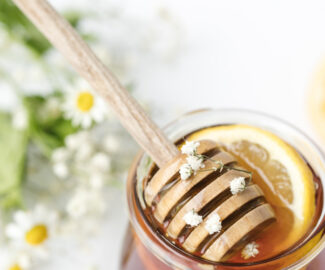

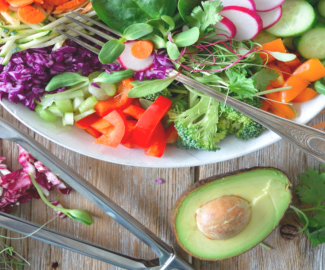


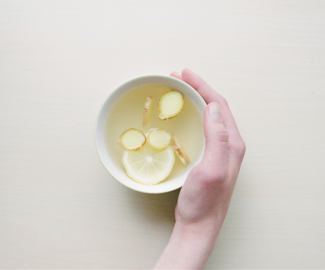
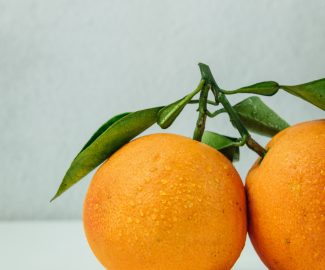
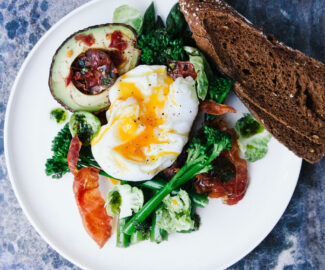



Being in Spain, Vitamin B12 is hard to get. We have to import a vegan option from the UK. They’re accessible, but the choices are limited. Thanks for sharing!
Hi Mike, That is interesting to know. Sometimes easy to take for granted what we have available in our home country!